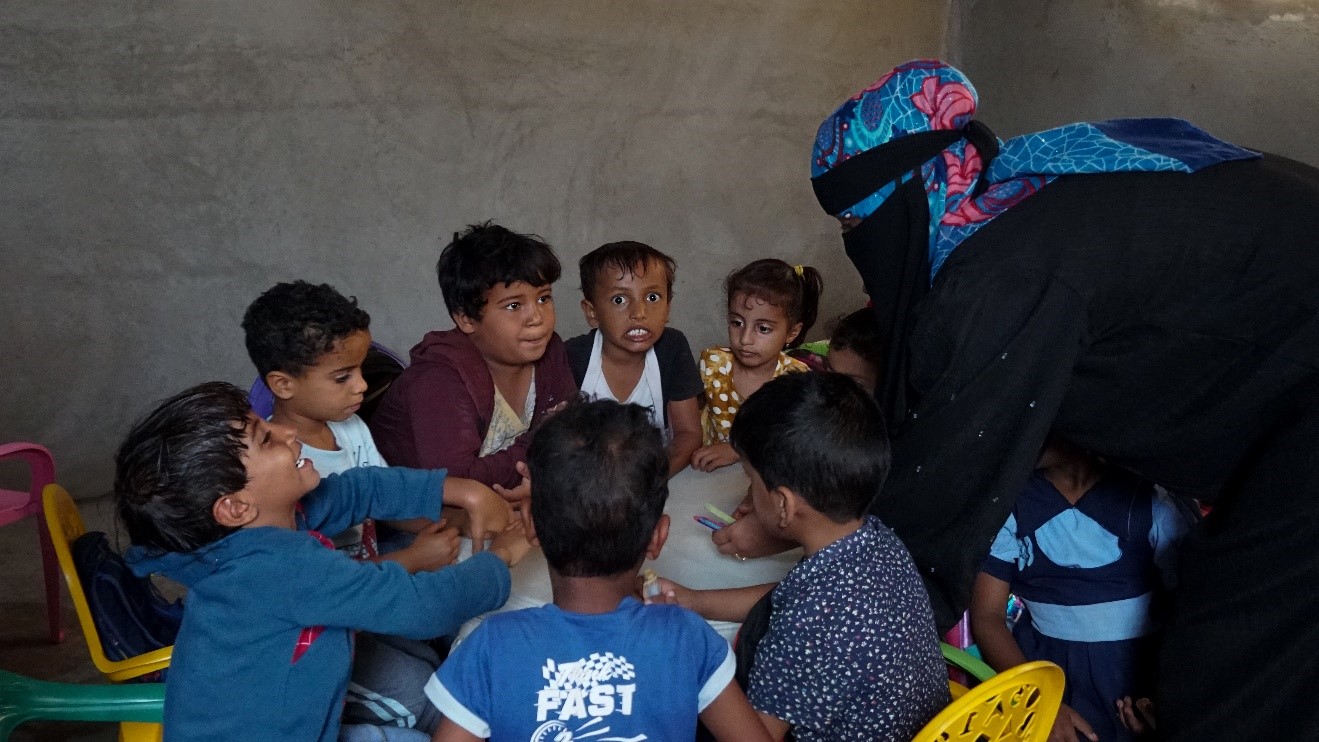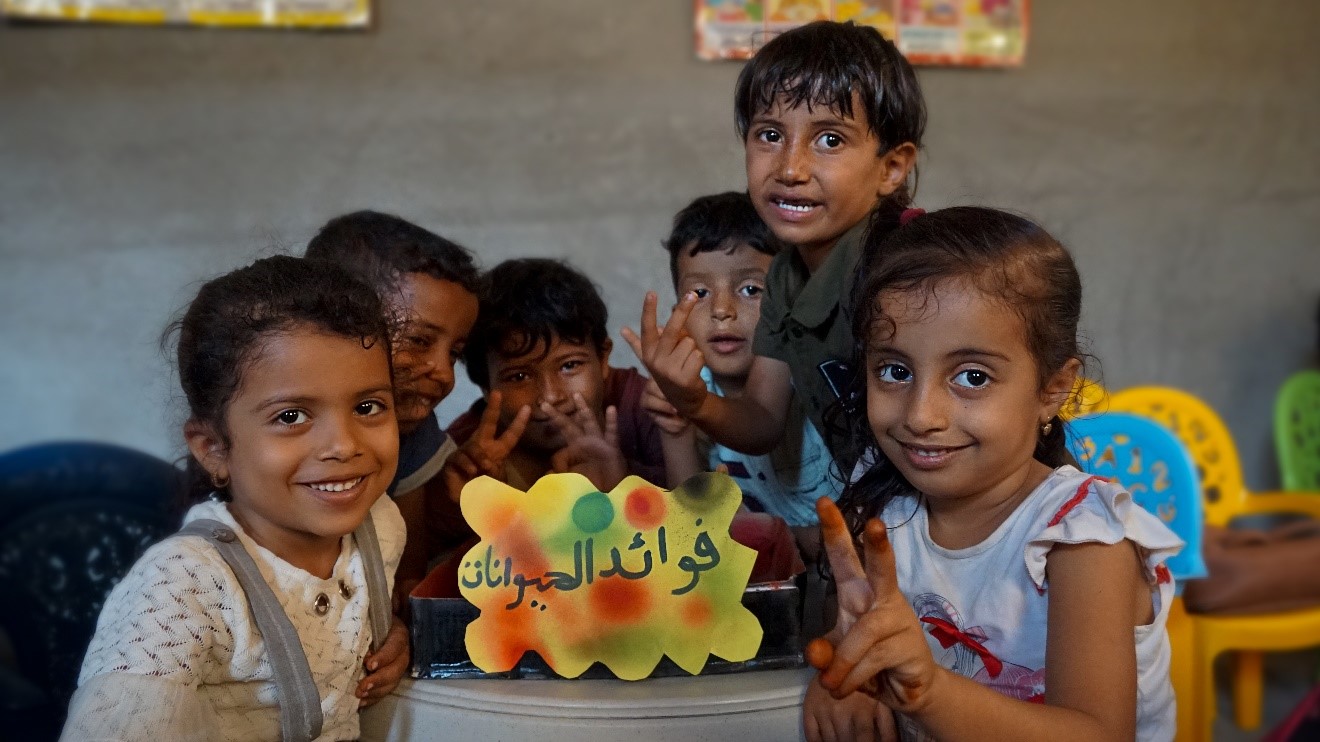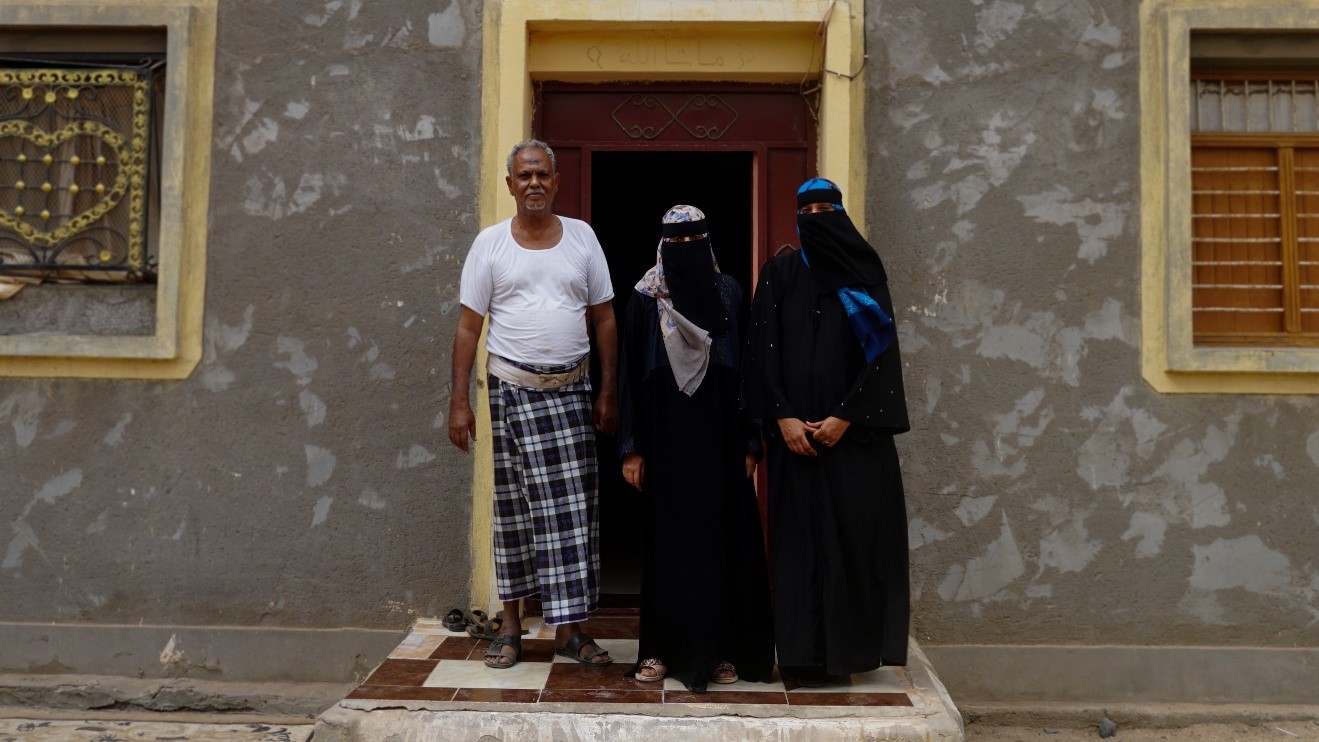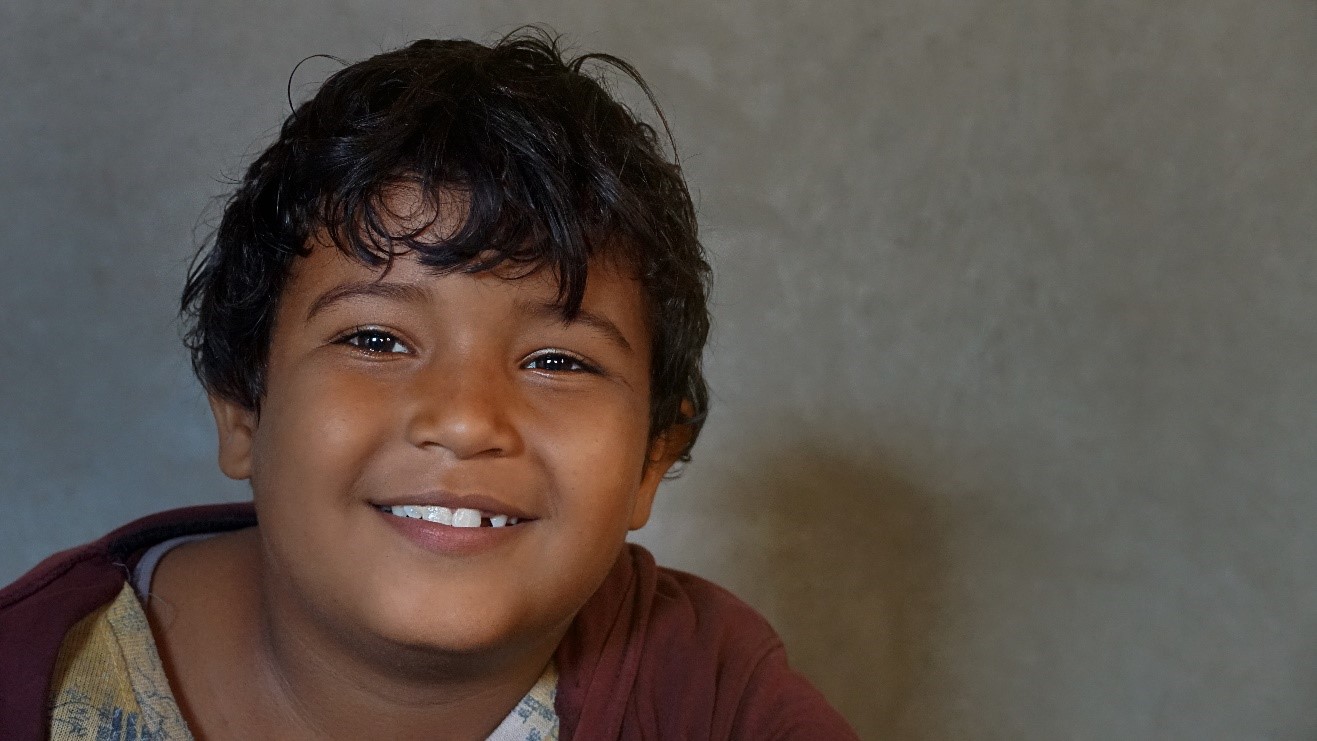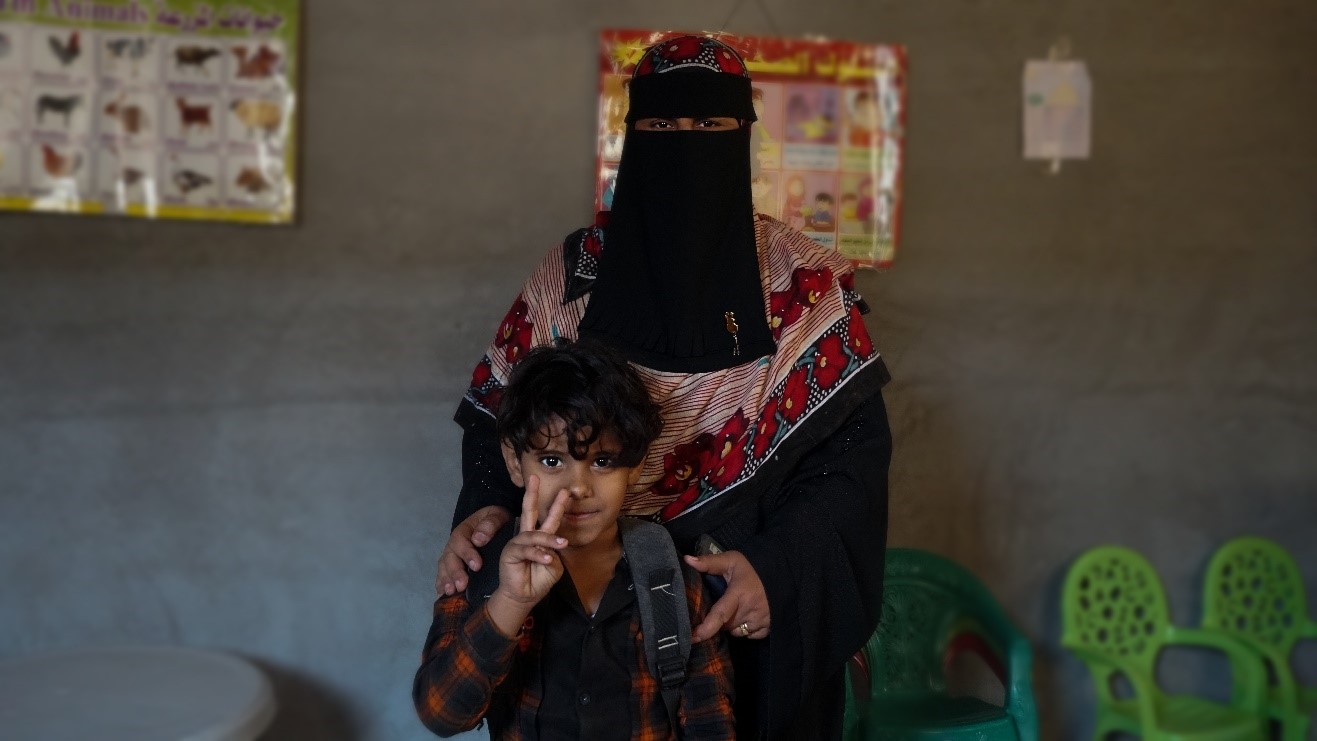Salwa is a 32-year-old female business owner from Lahj governorate in the south of Yemen. Salwa lives with her parents, four brothers and two sisters in Tuban district of Lahj. Although she graduated from high school a long time ago, she couldn’t go to university because of the family’s difficult living conditions. Salwa’s father earned less than 100 US dollars a month, which was the only income the family depended on and Salwa had to take care of her ill mother, who has a disability.
In a small house filled with preschool-aged children playing around we meet Salwa, who shares with us the five pillars that bolstered her courage and unleashed her power to start her own enterprise.
Pillar one: Discover within yourself
“At the same time that my soul was aching from my inability to complete my education, a giant power to work and help others grew bigger and bigger inside me.
“I used to spend my days at home taking care of my mother as well as teaching my neighbours’ children, which was enough to spark my interest. I thought to myself: I can teach young children at home and take care of my mother at the same time. So I started to teach children in my neighbourhood for 200 Yemeni Riyal each.”
Discovering the gems within and then creating a service that utilises this hidden potential is always the first step toward successful entrepreneurship. In fact, many women are surprised to know how much intellectual and practical wealth they already have within themselves.
Pillar two: Find a mentor and plan your business
Finding training and guidance as a female entrepreneur is a vital step in the journey to success as it provides the knowledge and expertise that might be lacking. Fortunately for Salwa, she learned about the CARE and UNDP partnership to create sustainable livelihoods for crisis-affected communities through the Supporting Resilient Livelihoods and Food Security in Yemen joint Programme (ERRY II), which is funded by European Union and SIDA.
“Through the project, I was enrolled in a six-day training,” says Salwa. “The training was held via WhatsApp to keep us safe during the Covid pandemic, but it was very useful. We learned how to run an enterprise as well as how to manage capital, profits and sales.”
“The most important thing I learned was the social impact of an enterprise,” she says. “I was thinking about starting a profitable business such as engraving, but after the training, I decided to follow my passion and open a kindergarten to teach young children. The trainer’s valuable feedback helped me shape my business idea and plan.”
Pillar three: Get funding to lunch your business
A lack of funding is one of the biggest challenges that hinders female entrepreneurs from starting their enterprises. To maximise fundraising opportunities, Salwa and other trainees were encouraged to submit their business plans for funding. Luckily for Salwa, she got a financial grant from CARE to start her enterprise.
“When I knew that I was one of the grant winners, I was extremely happy,” Salwa says. “I received a cash grant of 336,000 Yemeni Riyal and went home quickly to tell my family. Out of enthusiasm, we directly went to the city and bought whiteboards, tables, chairs and other teaching tools for the kindergarten.
“I finally opened a kindergarten inside my home. There are now 42 students registered in the kindergarten. I take 4,000 Yemeni Riyal per student. Sometimes I don’t charge students from poor families and teach them for free.”
